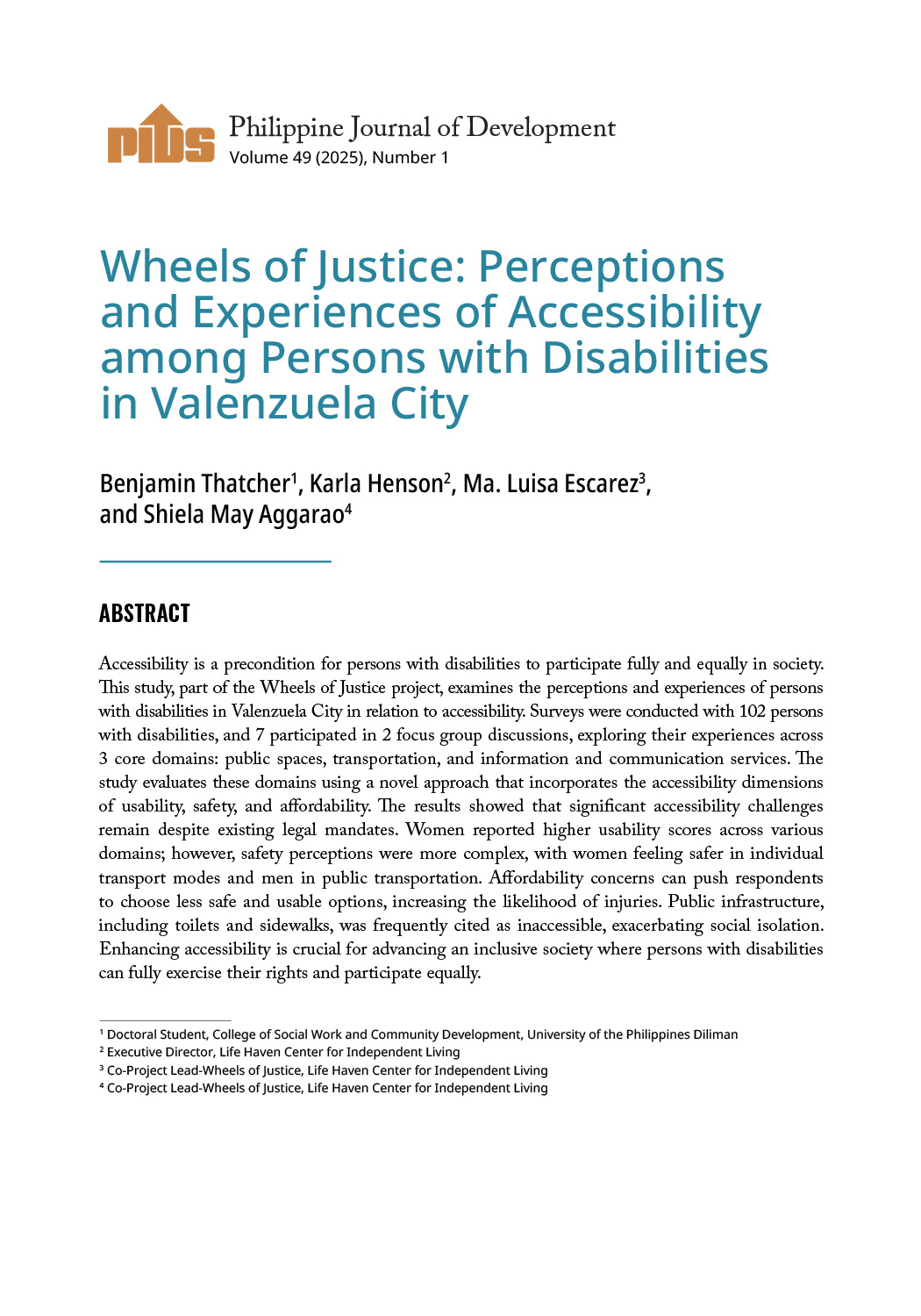The government needs to further strengthen implementation of its initiatives aimed at boosting farm productivity and income of agrarian reform beneficiaries, according to a study of think tank Philippine Institute for Development Studies (PIDS).
Authored by Blanquita Pantoja, Flordeliza Sanchez and Joanne Alvarez, researchers and research associate at the University of the Philippines Los Baños’ College of Public Affairs and Development, the study assessed the two government initiatives agribusiness venture arrangements (AVAs) and sugarcane block farming (SBF) for the modernization of agriculture.
Both the AVAs and SBF are land consolidation modalities wherein farms may be owned individually or collectively, but farm operations are done collectively through a cooperative or agrarian reform beneficiaries organization (ARBO).
The study recommended that AVAs and SBF arrangements should be encouraged but the government has to provide a policy environment for Philippine exports crops to be competitive.
It cited different cases of AVAs and SBFs studied indicating that land consolidation can be successful if the elements of the whole supply chain is present in the arrangement.
“Initially, there should be capital to ensure that appropriate production inputs are applied at the right amount and time. Land which is a factor of production is also necessary together with security of tenure. No investor will enter into an agreement if the farmer or cooperative does not have a firm hold over the rights on the land,” it noted.
The study further said labor, farm machinery, irrigation, post-production/processing facilities, market facilities and infrastructure should be also provided.
“Besides a sure market, a stable and optimal price is also essential to ensure profitability,” it added. “Besides these, government assistance should be extended, and the policy environment should be supportive of the AVAs and SBF.”
To strengthen the implementation of these initiatives, the study underscored the importance of providing credit and access to inputs, institutional support and markets, and pricing and policy support.
While the government does not have control on the prices of three of the country’s biggest export crops --banana, pineapple, and sugarcane, the study noted it can provide the necessary policy support.
“Government intervention such as lobbying for lower tariff rates of banana and pineapple is needed. With the lowering of tariffs, the Philippines’ share in the global market will expectedly rise which will positively redound on the AVAs,” it added.
The three export crops have been covered under the Comprehensive Agrarian Reform Program (CARP). Through AVAs, ARBs, who were awarded with lands planted with high-value crops such as banana and pineapple, can implement an agribusiness venture with private investors to make farming more economically viable for them.
To provide institutional support, the study said “it may be more practical and feasible” for the Department of Agriculture (DA) or the Department of Trade and Industry (DTI) to create a section within its organization that will look into the concerns of banana and pineapple industries.
Creating a new government entity that would address the needs of these industries is costly and tedious, it added. (PNA)












